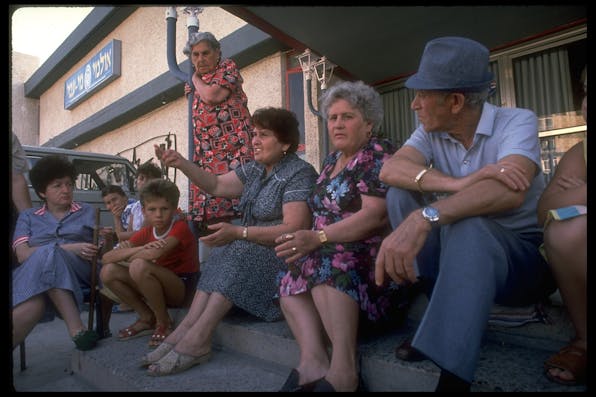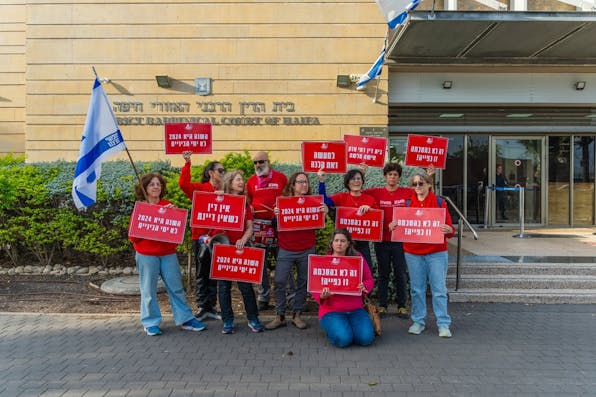
November 30, 2020
What Israel Gained from Its Russian Citizens
If victory in the Six-Day War was a mixed blessing, the Russian aliyah was just a blessing.
It seems to me that the single event that brought the most good to Israel since its founding was the Russian wave of the 1990s. There are other competitors for that title, like victory in the Six-Day War and the reunification of Jerusalem in June 1967—but along with that military triumph came negative consequences that have damaged Israel’s internal cohesion and continue to pose moral dilemmas. If victory in the Six-Day War was a mixed blessing, the Russian aliyah was just a blessing. The million people who came here after the Soviet breakup have changed Israel for the better, and their absorption in the space of 30 years is a striking success for the immigrants and for the state.
Like many Israelis, I’ve never had much patience for the state holiday marking the 1967 victory, Jerusalem Day, which encourages the glorification of territory. The state isn’t the sum of its conquests, but of its citizens. I’d rather have a Zionist holiday celebrating the ingathering of the exiles, which would require the consumption of Moroccan mufleta, Kurdish kubbeh, and the Russian selyodka pod shuboy, “herring in a fur coat,” all of which are now Israeli food. I’d celebrate it every year on the date of the holiday that I discuss in my essay, the one that Russians have imported—controversially—into the Jewish state: Novy God, December 31.
I was pleased to find, upon publication of my essay “Israel’s Russian Wave, Thirty Years Later,” that I am not alone in my esteem for this human movement. It was a great honor to have a response written by Natan Sharansky, who became the face of the exodus when he was jailed for his principled Zionism and succeeded in reaching Israel after years in the gulag, just before the immigration wave began in earnest. His response, coauthored with Gil Troy, looked at the way that the Russian immigration differed from those that came before—the way these newcomers succeeded in setting the terms of their own absorption and declaring, as the title of the essay has it, the “end of the new Jew.”



